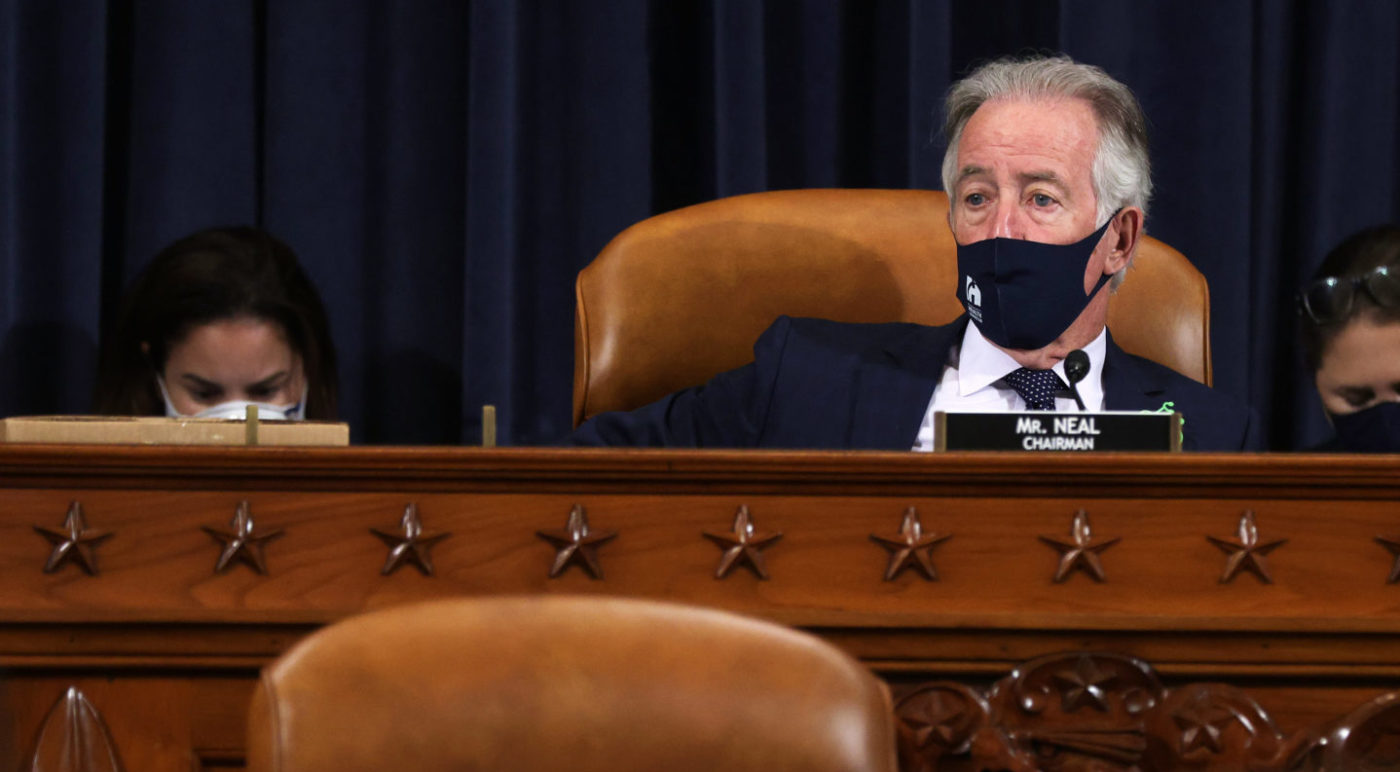
Neal’s Reconciliation Plan Lets Investment Managers Keep Their Tax Loophole
In 2007, House Ways and Means Committee Chairman Rep. Richard Neal (D-Mass.) was an original cosponsor of a bill that would have closed a tax loophole that lets investment fund managers pay the lower capital gains tax rates on the income they earn from the fees they charge their clients. The capital gains tax rates of 15 or 20% are usually offered as an incentive for people who take the risk of investing their own money, but the loophole allows investment managers to use the lower rates even though it is their clients’ money that is being invested, not their own.
During the 2008 election cycle, Neal began collecting much larger sums of campaign money from the securities and investment industry than he had in any of his previous elections, and he never again signed onto the bill, although it has been introduced in nearly every Congress session since.
Now, Neal is leading his committee in designing the tax aspects of the Democrats’ reconciliation package, and he is still not getting back behind closing the loophole.
Closing the so-called carried interest loophole is not included in the committee’s proposal, according to the section-by-section summary. A committee spokesperson told Slate reporter Jordan Weissmann who asked why the carried interest loophole was not addressed in the bill that it was because they did not believe it could pass the House. “Seems telling that they aren’t even trying to make an argument on the merits,” Weissman wrote on Twitter.
Neal’s Senate counterpart, Senate Finance Committee Chairman Ron Wyden (D-Ore.), recently introduced legislation to close the loophole, and the measure appears in a document from Finance Committee Democrats of policy changes that may be included in the committee’s portion of the reconciliation bill. President Biden called for the loophole to be eliminated in April, according to a White House fact sheet.
As shown clearly in the Explore Campaign Finance tool, which creates visualizations of OpenSecrets’ industry and sector-tagged campaign contribution data, Neal began taking much more money from the finance sector and the securities and investment industry in particular in the 2008 election cycle. The data displayed only reflects contributions received before February 2016:
In the 2020 election cycle, Neal received the most corporate PAC donations of any House member with nearly $2.9 million, according to OpenSecrets. The securities & investment industry has been his second-highest career donor, with over $1.6 million raised. Last year, after taking in maximum donations from multiple private equity executives, Neal killed a bipartisan agreement to end the practice of surprise medical billing in a backroom deal that was called a win for healthcare providers.
